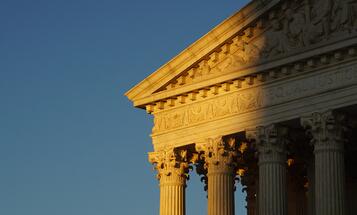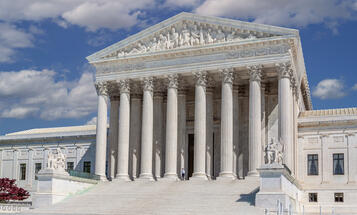
How Big is the Gap Between the Donor Class and Ordinary Americans? Bigger Than You Think.
Money’s influence is a perennial concern in American politics. And with President-elect Donald Trump filling up his potential cabinet with millionaires, billionaires and his campaign donors, the discussion has become more prominent.
A central question is whether donors, as a result of their financial support of politicians, exert disproportionate influence over public policy. Political scientists’ research has drawn differing conclusions.
Some suggest that donors are able to persuade elected officials to support the positions they favor. Other studies suggest that while the wealthy might be more influential than middle-class or low-income Americans, money is just one source of power, with higher levels of activism and participation among the affluent also helping them shape government policy.[...]
As the transition to the Trump administration continues, the debate over the influence of money in politics will only grow louder. But to the extent that Republican donors are placed in positions to shape government policy, our data suggest that they will be inclined to try to push it in a distinctly conservative direction.



